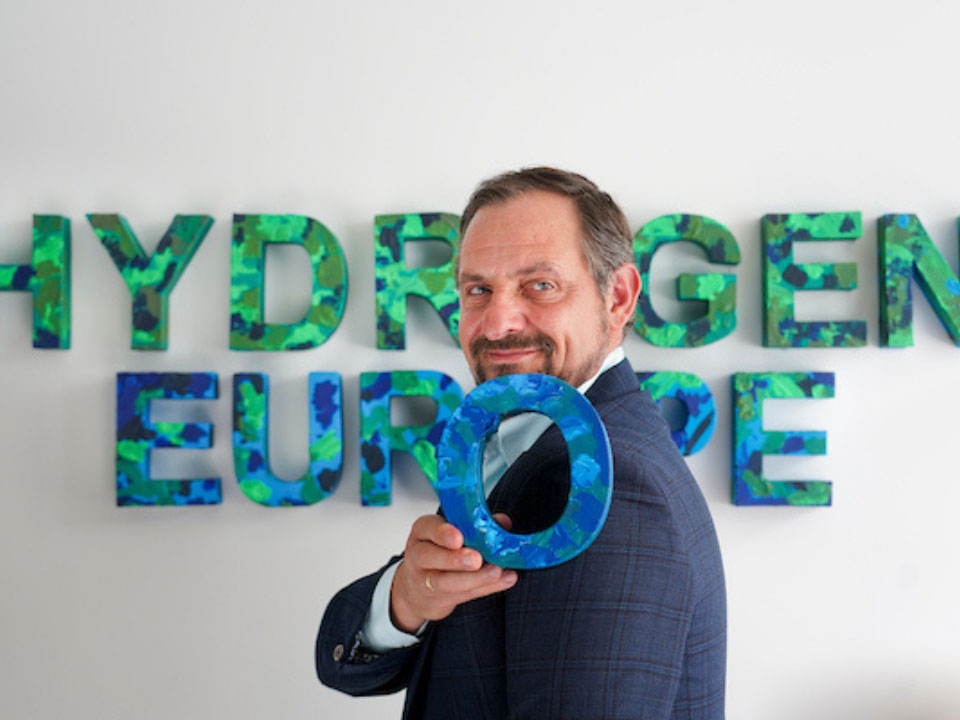Driving Towards a Greener Future: The Role of Hydrogen in Europe's Automotive Industry
Key Ideas
- Hydrogen is seen as a crucial element in decarbonising mobility and improving competitiveness in Europe's automotive industry.
- It offers solutions where direct electrification may be challenging, with propulsion systems providing greater range in a smaller package.
- Daimler's hydrogen truck showcases the potential of hydrogen in commercial vehicles, with e-fuels derived from hydrogen offering advantages for long-haul travel.
The automotive industry in Europe is undergoing a significant transformation that necessitates strong support for success. Hydrogen is emerging as a key player in this evolution, offering a sustainable solution for decarbonising mobility and enhancing the sector's competitiveness. Policymakers are urged to consider hydrogen in their vision for a more resilient energy system. Hydrogen's role as a clean fuel is particularly valuable in scenarios where direct electrification is challenging or less desirable. Its propulsion systems provide higher range capabilities in a compact and lighter design, making it a suitable complement to electric batteries. Notably, Daimler's successful testing of a hydrogen truck, covering over 1,000km without refuelling, highlights the viability of hydrogen in commercial vehicles. Furthermore, for industries like shipping and aviation that require long-haul travel solutions, e-fuels derived from hydrogen present similar advantages. The potential of hydrogen in transforming the automotive industry towards a greener and more sustainable future is evident, emphasizing the need for continued support and integration of this technology.
